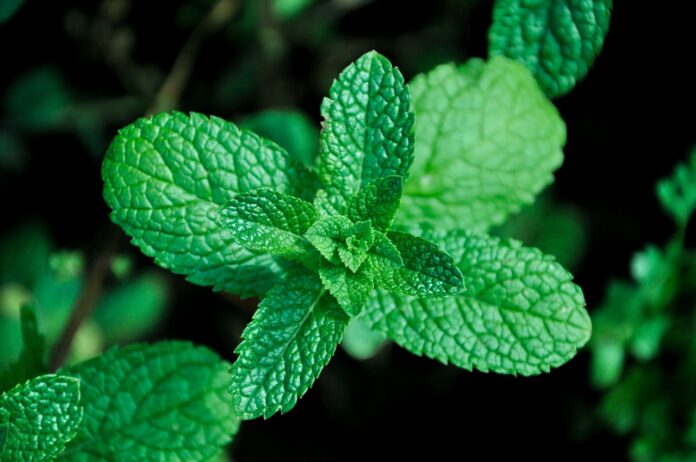Peppermint is widely used in the cuisines of various countries. Due to its strong aroma, this plant was once popular in traditional medicine, though this primarily refers to other types of mint rather than peppermint specifically. The significance of this aromatic plant continues to grow over the years—it is used in cooking, cosmetics, and other fields.
Facts About Mint:
- All types of mint share one common trait—they have a strong scent. However, most people find this aroma pleasant.
- The word “mint” is derived from the name of the nymph Minthe. According to ancient Greek legend, Hades, the ruler of the underworld, fell in love with her, but his wife Persephone, out of jealousy, turned Minthe into a plant.
- The term “catnip” actually refers to three different plants that are particularly appealing to cats.
- The extremely popular peppermint is actually a hybrid created from two other types of mint, water mint and spearmint.
- In Ancient Rome, mint was highly valued for its aroma. People would rub mint on tables before feasts and spray rooms with mint water to create a pleasant scent.
- Peppermint leaves are widely used in medicine.
- There are currently about 300 known species of mint worldwide. Some of them are widely cultivated in many countries.
- The famous Hippocrates recommended rinsing the mouth with a mint infusion.
- Peppermint aids digestion and improves blood circulation.
- Ancient Egyptians placed bunches of this plant in the tombs of pharaohs.
- In Japan, Japanese mint is very popular; it is used in cooking and cosmetic procedures. However, this plant only grows on two islands, Honshu and Hokkaido, and only in swamps, which are scarce there. As a result, it is quite expensive.
- Essential oil derived from mint is one of the most popular in the world. Its scent repels insects, and compresses made from it help relieve itching after mosquito bites.
- Popular herbs like rosemary and basil belong to the same family as all types of mint.
- Ancient Roman women sometimes used fresh mint leaves as perfume, pinning them to their clothing.
- The scent of mint helps relieve stress and alleviate headaches.
- Mint is a strong allergen, so people with allergies, as well as others, should be cautious.
- Essential oil makes up about 2.5% of the weight of mint leaves.
